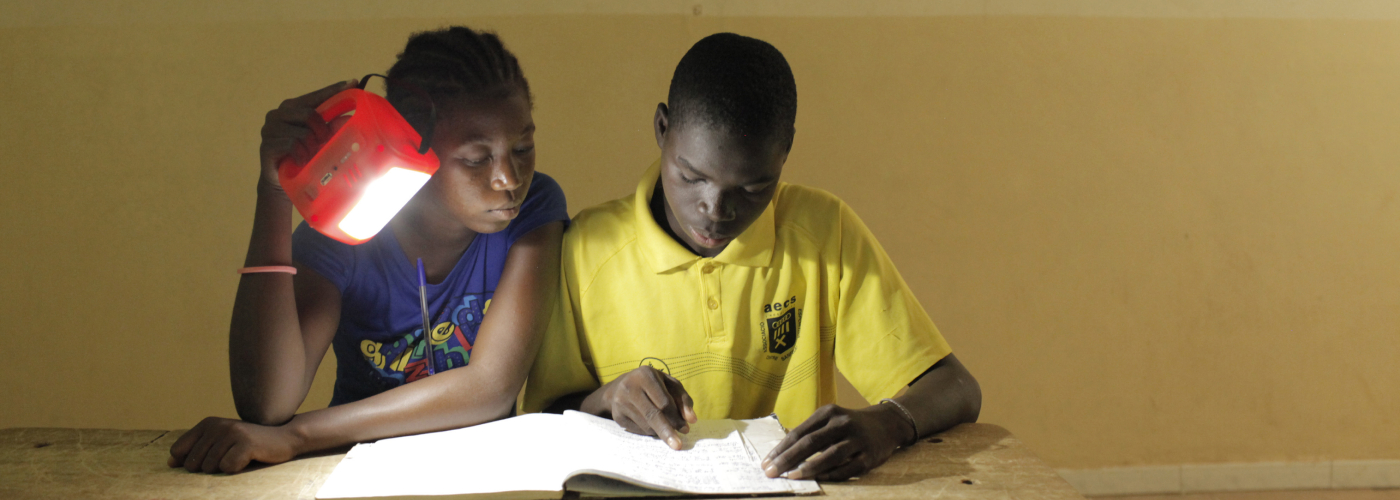Women and Sustainable Energy: How the work of Ashden Award winners impacts the lives of women and girls
This Ashden report was commissioned by DFID, to inform the major DFID research programme on energy and gender – led by Energia – and to feed into DFID’s other existing and future work. The report draws upon the experiences of Ashden Award winners and has two aims. The first is to identify how access to energy affects the lives of women and girls. The second is to identify to what extent women are involved in the Award-winning enterprises and programmes, and the impact this has.
The review showed that energy access provided by Ashden winners benefits both men and women, but women are likely to benefit more. This gendered impact relates, in part, to the traditional roles of women – as responsible for cooking, cleaning and other chores – and the greater time that they spend in the home. Ashden found a significant easing of these burdens through cutting the time and reducing the intensity of domestic tasks, and making the home a healthier, safer and more comfortable place. ‘Time’ was a notable benefit of increased energy access: saving time, making the use of time less arduous, extending the useful day and allowing women more choice in how to spend their time. Many women benefited disproportionately from technologies like TV and phone charging that increased their contact with the wider world. Access to electricity and agricultural technologies gave some women more opportunity for productive activities that increase their income, which is also important in changing gender roles.
Formal employment in an energy access enterprise or programme may provide women with a greater income than they could earn through informal productive activities at home. This, combined with the status of having a ‘proper job’, most likely challenges gender roles. However, the income and working conditions of women who work as sales agents or in the supply chain are less clear. We found that the representation of women in Award-winning enterprises and programmes was low at all levels – particularly in leadership, but also in the workforce and supply chain. Discussions with 2014 winners suggested they had positive experiences of employing women and the low numbers were often not for a lack of trying. Barriers identified to employing women include cultural factors (eg husbands not allowing wives to work) and practical factors (eg safety travelling to work). One strong message that came from many 2014 Ashden winners was the value of involving women in the design process; they said that technologies to be used by women should be designed by women.
This report identifies research gaps for further investigation, including more detailed studies on the employment and outsourcing of work to women by energy access enterprises, and a study of the long-term impact of energy access on women. We have also noted work related to the health impacts of stoves and educational impacts of solar lights.







